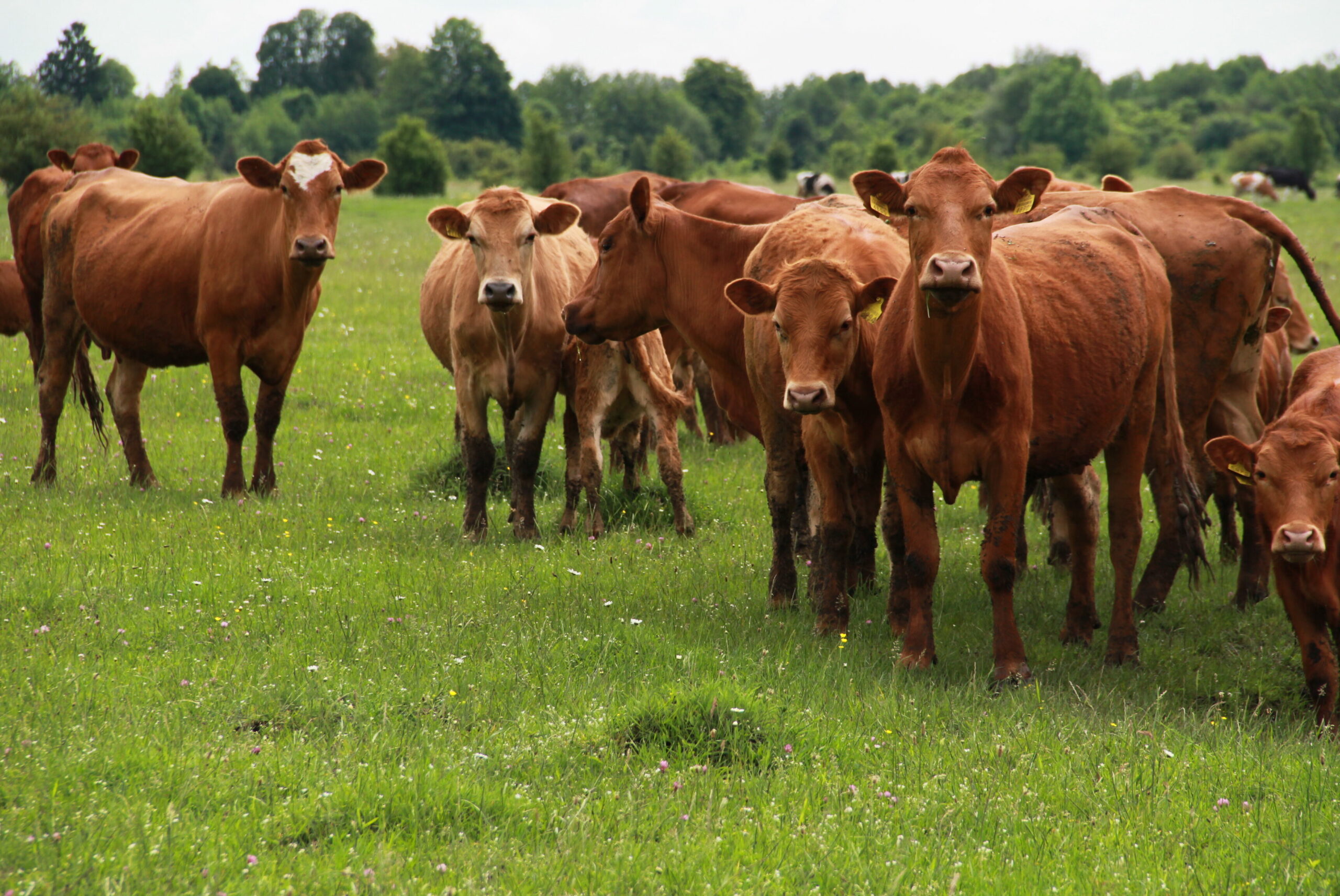In Soviet times, Turynka Village was the site of a large collective farm whose natural pastures were plowed intensively for crop production. As a result, the soil did not yield the expected harvests and ended up taking many years to recover.
This is a piece of village history that farmer Ihor Yaroslavovych remembers well. It was then that he realised how easy it is to break the natural balance of the land. Today, Ihor and his family work consciously to maintain the health of the soil on their farm.
"Healthy soils allow us the opportunity to get good harvests and make crops more resistant to disease."
“Our farm cultivates 20 hectares of rented community land,” says Ihor. “That’s why we, more than anyone else, are interested in introducing sustainable methods. We want to convince the people who entrusted their lands to us that the technologies used by our farm do not cause harm, but favor soil fertility now and in the future.”
Also driving the use of sustainable methods on the farm is Ihor’s awareness of eutrophication, which he first learned about at a seminar. He immediately thought of the natural lake located near his farm’s pastureland, which provides drinking water for the farm animals and helps preserve the populations of many different species.

The maintenance of healthy soils has become the cornerstone of Ihor and his family’s strategy for preventing nutrient runoff on his farm. “To improve soil aeration, we bought a special cultivator which enhances fermentation processes in the upper soil layer where a lot of micro- organisms live”, says Ihor. “Healthy soils allow us the opportunity to get good harvests and make crops more resistant to disease.”
To further support the soil and reduce nutrient runoff, the family employs a seven-field crop rotation and applies composted manure as fertilizer during the right periods. They also use cover crops and maintain buffer zones along the edges of fields where freely growing wild plants offer habitats for beneficial insects.
“The important task on our farm is maintaining the natural balance and minimizing environmental impact,” says Ihor.
The continued absence of eutrophication in local water bodies provides proof of the family’s good agricultural practices. And so does their successful harvests.
Ihor and his family actively share what they have learned about using sustainable agricultural practices with other farms in the region. In the future, they plan to develop agro-ecotourism on their farm to spread knowledge and inspiration to even more people.
In 2019, Ihor Yaroslavovych received the national Baltic Sea Farmer of the Year Award in recognition of his efforts to reduce nutrient runoff on his farm.
FARM FACTS
- Location: Turynka Village in west Ukraine
- Type of farm: Conventional crop and livestock farm (80 ha)
- Main production: Volyn meat cattle, cereals, oilseeds, and legumes
- Key practices: Buffer zones, cover crops, crop rotation, cultivation technology, manure compositing, manure management, minimum tillage
- National jury motivation: “In the opinion of the national jury, the special thing about this family farm is that it maintains permanent natural pastureland, upon which cattle grazes almost nine months out of the year. These pastures help to preserve biodiversity and keep more carbon in the soil. The system for keeping livestock on this farm is different from industrial farming. To minimize the runoff of nutrients, the farm uses a seven field system of crop rotation, siderites, and postharvest crops. These measures support natural balance of nutrients in the soil, resistance to disease, and weed control. Compensational territories along the fields support beneficial insects.”

